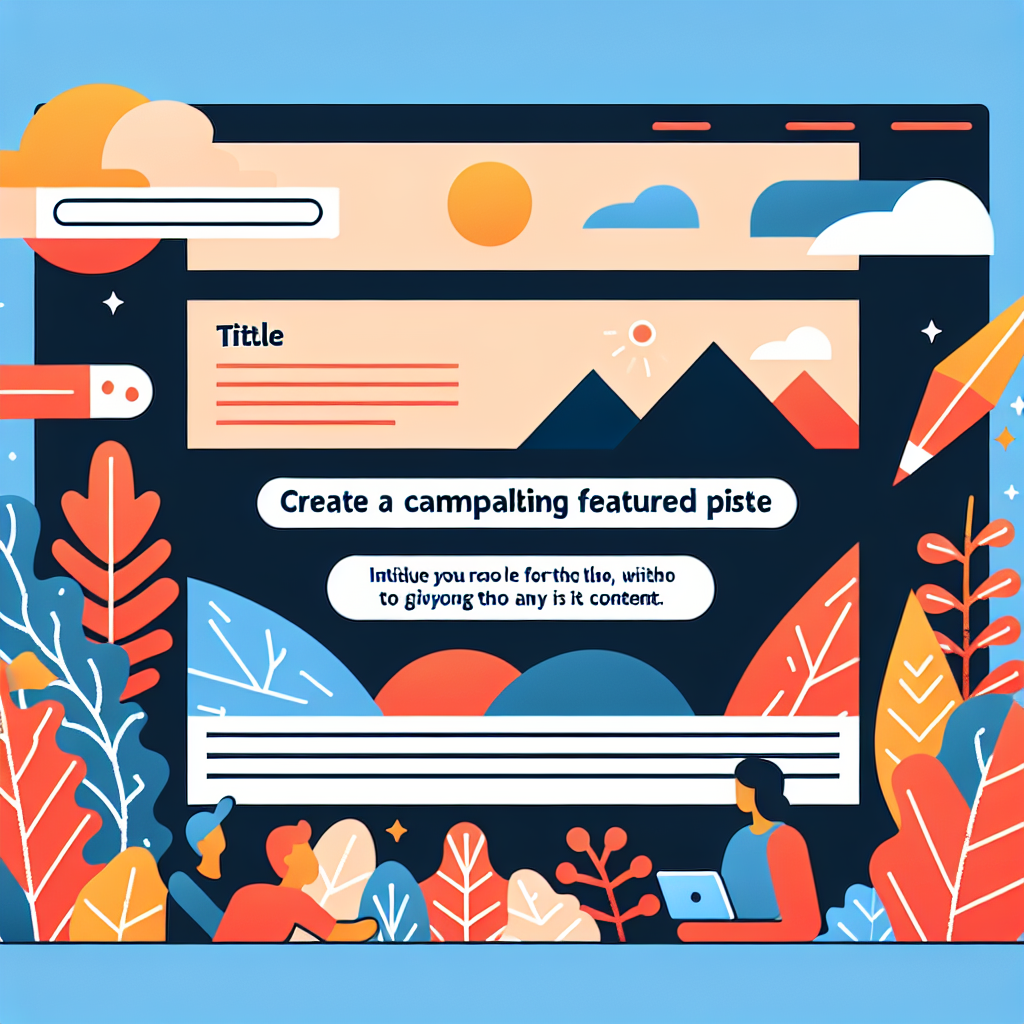Introduction: The Digital Age of Photography
In today’s visually-driven world, photography has emerged as one of the most sought-after skills. The proliferation of camera phones and digital cameras has made capturing moments effortless; however, truly mastering the art of photography requires dedication, practice, and education. For aspiring photographers, online tutorials offer an endless resource to enhance their skills, from basic concepts to advanced techniques. This article will explore various online photography tutorials, helping you transition from a complete novice to a confident photographer.
Why Choose Online Photography Tutorials?
Flexibility and Convenience
One of the primary advantages of online learning is the flexibility it offers. Whether you’re a busy professional, a student, or a stay-at-home parent, online photography tutorials fit seamlessly into your schedule. You can learn at your own pace, revisiting complex aspects until you fully grasp them.
Diverse Learning Formats
Online tutorials come in various formats—video lessons, e-books, webinars, interactive courses, and forums. This variety accommodates different learning styles. While some may prefer visual demonstrations, others may favor text-based tutorials or interactive learning.
Access to Expert Knowledge
The digital world is teeming with talented photographers eager to share their expertise. Online photography tutorials allow you to learn from industry professionals, gaining insights and tricks that you may not find in traditional photography workshops.
Getting Started: Essential Photography Concepts
Before diving into online tutorials, it’s crucial to familiarize yourself with basic photography concepts. Here are some terminologies to understand:
-
Exposure: The amount of light that reaches the camera sensor, affecting how bright or dark your photos will be.
-
Aperture: The opening in the lens that controls the amount of light coming in. A lower f-stop number (e.g., f/2.8) means a larger aperture, allowing more light.
-
Shutter Speed: The length of time the camera shutter is open, impacting how motion is captured. Faster shutter speeds freeze motion, while slower speeds can create blur.
- ISO: The camera’s sensitivity to light. Higher ISO settings are useful in low-light conditions but can introduce noise.
Recommended Online Resources for Beginners
-
YouTube Channels
- Many professional photographers share invaluable knowledge on YouTube. Channels like Tony & Chelsea Northrup, Peter McKinnon, and Fstoppers provide tutorials ranging from basic techniques to more advanced concepts.
-
Photography Blogs
- Websites like Digital Photography School and PetaPixel serve as excellent resources for tutorials, gear reviews, and photography tips.
- Online Courses
- Platforms such as Udemy, Skillshare, and Coursera offer paid courses tailored for beginners. These courses usually provide structured content, allowing for a more in-depth learning experience.
Diving Deeper: Intermediate Photography Techniques
Once you’ve grasped the basics, it’s time to explore more advanced techniques.
Composition Principles
Understanding composition is fundamental to improving your photography. Here are key principles to study:
-
Rule of Thirds: Dividing your frame into a 3×3 grid and placing your subjects along the lines or at intersections for a more balanced photograph.
-
Leading Lines: Utilizing natural lines in your composition to guide the viewer’s eye toward the main subject.
- Framing: Using elements in your environment to frame your subject, adding depth and interest to your images.
Online Tutorials to Master Composition
-
CreativeLive: Offers courses focused solely on composition techniques.
- MasterClass: With renowned photographers like Annie Leibovitz, you’ll gain exceptional insight into the art of composing an image.
Post-Processing Techniques
Post-processing plays an integral role in photography. Learning how to enhance your images through editing can set you apart from others.
Essential Software Programs
-
Adobe Lightroom: Great for batch editing and managing your photo library.
- Adobe Photoshop: Offers advanced editing capabilities for retouching and manipulation.
Online Courses for Post-Processing
-
Phlearn: An excellent resource for Photoshop tutorials, covering everything from basic editing to complex manipulations.
- KelbyOne: This platform provides numerous courses, particularly focused on Lightroom and Photoshop for photographers.
Advanced Techniques: Specialty Photography
For those looking to specialize, focusing on niche areas of photography can help you find your unique voice within the medium.
Portrait Photography
Capturing the essence of a person takes practice and understanding. Online tutorials on portrait photography can provide insight into lighting, posing, and storytelling through images.
Recommended Resources:
- The Portrait Masters: Offers a comprehensive curriculum focused on portraiture.
Landscape Photography
Landscape photography can be particularly rewarding, allowing photographers to connect with nature. Key elements include understanding lighting conditions and weather patterns.
Tutorials to Consider:
- Landscape Photography by Mark Adamus: A specialized course that delves deep into landscape photography techniques.
Macro Photography
Focusing on the world up close, macro photography requires particular equipment and techniques. Learning how to use focus stacking and depth of field effectively can drastically enhance your images.
Recommended Online Resources:
- MCP Actions: Provides tutorials and tips specifically for capturing macro shots.
Building Your Portfolio
As you gather knowledge and enhance your skills, it’s time to start compiling a portfolio that reflects your growth as a photographer.
Aesthetics and Cohesion
When creating a portfolio, consider the overall aesthetic you want to present. Make sure your images portray a cohesive style, whether it be through editing techniques or thematic consistency.
Platforms to Showcase Your Work
-
Instagram: While it may be primarily social, it operates as an excellent portfolio platform.
- SmugMug and Flickr: These sites allow photographers to showcase their work effectively and offer different customizations for presentations.
Conclusion: Your Journey from Zero to Hero
Transitioning from a beginner to a proficient photographer requires commitment, continuous learning, and practice. Online photography tutorials are plentiful, catering to every level of expertise. They offer valuable insights and hands-on experience that empower aspiring photographers to enhance their skill sets confidently.
As you embark on your photographic journey, be open to learning from different sources. Every great photographer was once a beginner, so embrace the learning process. Share your work, solicit feedback, and continue to refine your craft. With patience and perseverance, the world of photography can become a fulfilling avenue for creative expression.
FAQs About Online Photography Tutorials
1. Are online photography tutorials suitable for beginners?
Absolutely! Many online photography tutorials cater specifically to beginners, teaching basic concepts and techniques that build a strong foundation.
2. How long will it take to become proficient in photography through online tutorials?
The time it takes to become proficient varies depending on the individual and the amount of time dedicated to practice. However, with consistent learning and practice, significant improvement can be seen in a few months.
3. Do I need expensive equipment to start learning photography?
While quality equipment can enhance your photography, many tutorials also emphasize learning with entry-level cameras or even your smartphone. The most crucial aspect is understanding the fundamentals and developing your skills.
4. Can I learn photography online without attending workshops?
Yes! Online resources offer an extensive range of tutorials, courses, and forums that can replace physical workshops while still providing valuable knowledge.
5. How can I stay motivated to learn photography?
Engage with online photography communities, participate in challenges, and regularly review your progress to keep your motivation high. Set realistic goals, and celebrate small milestones to maintain your enthusiasm.

